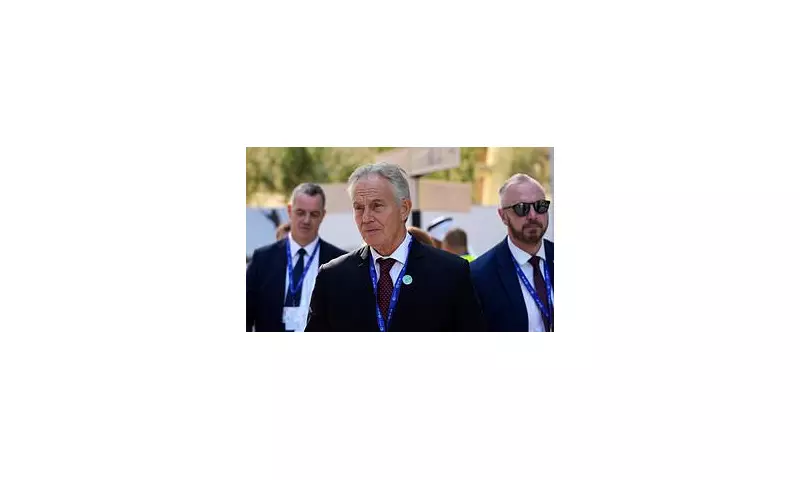
Sir Keir Starmer has ignited a firestorm within the Labour Party by confirming he's seeking counsel from former Prime Minister Tony Blair on resolving the Gaza conflict, while simultaneously endorsing key elements of Donald Trump's controversial Middle East peace blueprint.
Left-Wing Fury Erupts
The Labour leader's revelation has provoked outrage among the party's left flank, with MPs and members condemning what they see as an alarming shift toward Blairite foreign policy and unacceptable alignment with Trump's vision for the region.
One senior Labour source didn't mince words, telling colleagues: "We cannot allow this to become our policy. It's a betrayal of everything we stand for."
Blair's Return to Centre Stage
Tony Blair, who served as Middle East envoy for a decade following his premiership, has maintained his involvement in regional diplomacy through his Institute for Global Change. Starmer's decision to bring the divisive former leader back into the fold represents a significant political gamble.
The collaboration signals Starmer's determination to position Labour as a party of government with experienced hands on difficult international issues, but it comes at the cost of alienating his party's progressive base.
Trump's Shadow Over Labour Policy
Perhaps most controversially, Starmer has expressed support for what he called "the positive elements" of Trump's Abraham Accords, the former US president's signature foreign policy achievement that normalised relations between Israel and several Arab states.
This endorsement has particularly angered Labour MPs who view Trump's approach as fundamentally flawed and overly favourable to Israeli interests at the expense of Palestinian rights.
Divided Party, Uncertain Future
The internal conflict exposes the ongoing tension within Labour between Starmer's centrist leadership and the party's traditional left-wing stance on international affairs and Palestinian solidarity.
As one dismayed shadow minister confessed: "This will cause us huge problems with our core supporters. People joined this party to get away from Blairism, not see it resurrected."
The growing rift suggests that despite Starmer's successful efforts to make Labour electable, deep ideological divisions remain just beneath the surface, ready to erupt over contentious foreign policy matters.





